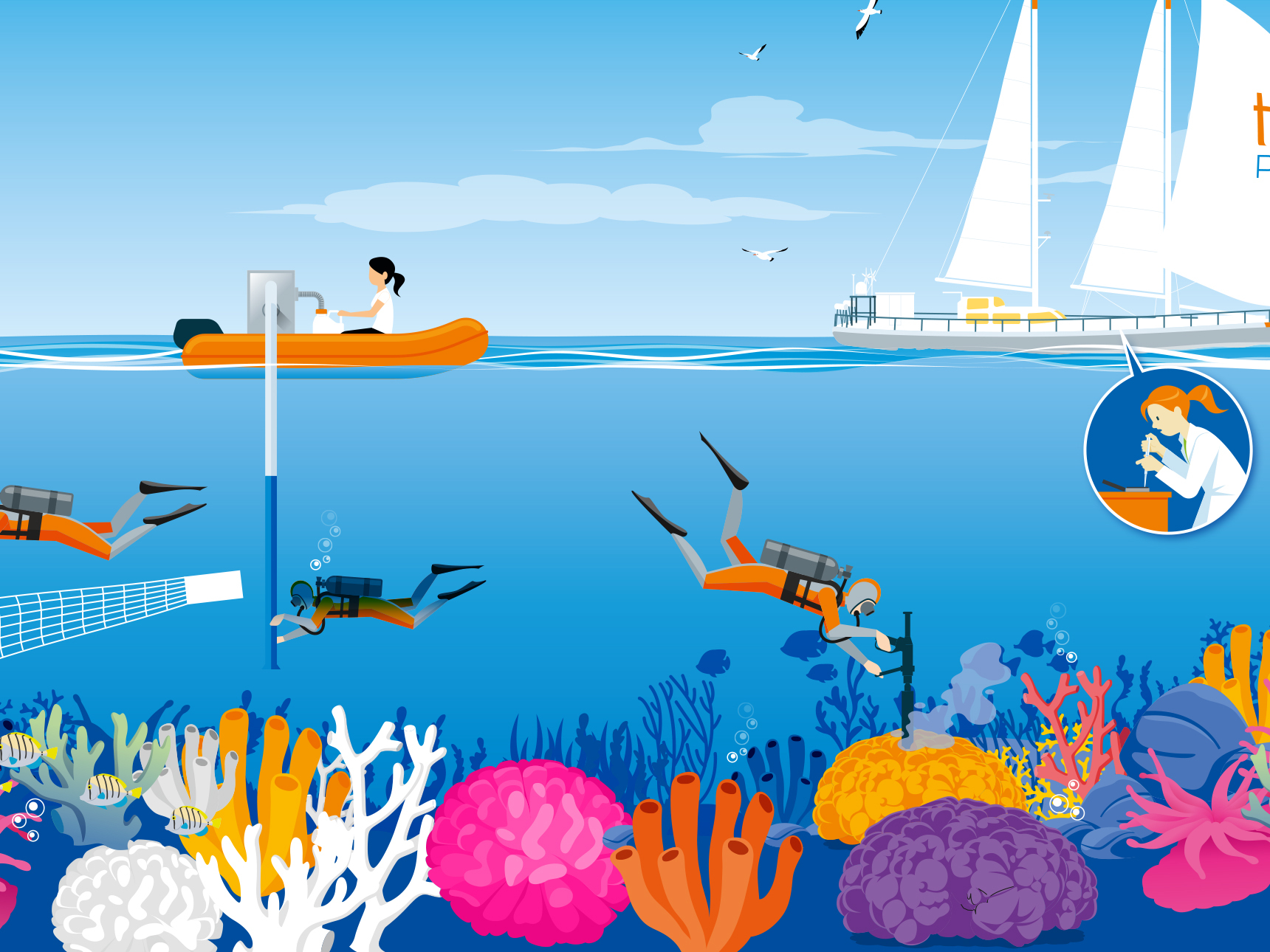
Science in society
142,000 people reached including 42,000 pupils and teachers (primary and secondary).
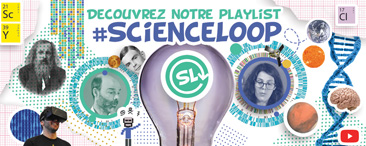 © CEA/ScienceLoop
© CEA/ScienceLoop
Digital resources
ScienceLoop, a web series on scientific culture
— This web series takes over from the magazine Les Savanturiers, which for eight years shone the spotlight on the women and men who, in laboratories and in the field, work, explore and travel the planet to improve our knowledge of the world around us. Presented by astrophysicist Roland Lehoucq and biologist Pauline Maisonnasse, ScienceLoop explores one science topic (periodic table, cryptography, the genome, etc.) every month for young people aged 15 to 18 years. Each topic is presented in three episodes lasting 3 to 5 minutes each, broadcast once a fortnight on the CEA’s YouTube channel (ScienceLoop playlist). The entire topic can be viewed on www.cea.fr.
 © J. Lignier/CEA
© J. Lignier/CEA
The Quantum Prisoner at Paris Games Week
— The first research body to design a serious game of this size, in October 2019 the CEA unveiled The Quantum Prisoner, a free adventure video game to give a wide audience, and particularly young people, a taste for science and technology. As Zoe, the player heads off all over the world on the trail of Artus Cropp, a physicist who mysteriously disappeared in the 1960s, and his amazing legacy: a discovery that will change the world!
To promote its game and talk about science in unexpected places, the CEA took part in France’s largest video games event, Paris Games Week. Every day, visitors were given puzzles to solve and team challenges to take part in: optimize an energy mix, programme a robot, manufacture atoms, etc. The CEA also invited YouTubers Sora and Julien Chièze to battle the public!
Fancy playing the game?
Play free online at https://quantum-prisoner.com and share your experience on social media with the hashtag #PrisonnierQuantique.
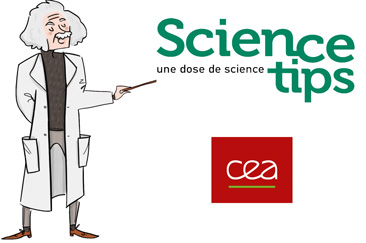 © CEA/Artips
© CEA/Artips
"Become a scientist" careers platform
— In partnership with Artips, the CEA created a careers platform to encourage secondary pupils and their parents to consider science subjects among the many career options available. The platform is designed to support them in their research and to help them with career choices. With an interactive guidance process, it enables them to explore careers in research (technician, engineer and researcher) in different fields (biology, chemistry, IT and physics) and explains the courses they should take to enter these careers.
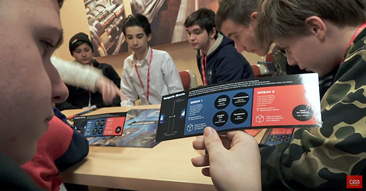 © CEA
© CEA
Schools
"Science For All" internships for secondary pupils
— These internships were set up by the CEA in 2016 in the wake of the November 2015 terrorist attacks. They are designed to enable secondary pupils at schools in more deprived areas, who would otherwise lack the necessary contacts, to discover the scientific world. Buoyed by the success of previous years, in 2019 the CEA joined forces with two other organisations working to promote scientific and technical culture: the Essonne Science Association and the Orsay Science Faculty.
To enable more secondary pupils to benefit, the CEA and the Essonne Science Association set up the "Science For All" network of secondary internships, with support from the Ministry of Higher Education, Research and Innovation and the participation of the Association of Museums and Centres for the Development of Scientific, Technical and Industrial Culture (AMCSTI) and various other partners.
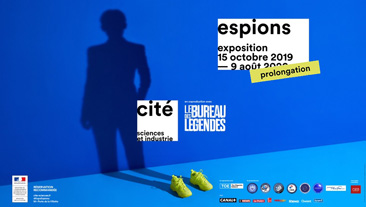 © CEA
© CEA
General public
"Spies" exhibition at the Cité des Sciences et de l’Industrie
— Presented in partnership with the producers of the Le Bureau des Légendes series, the exhibition "Spies" is an opportunity for the CEA to present its expertise in fighting nuclear proliferation to a very wide audience, and possibly to generate interest in a career in the field.
Researchers from the CEA were involved in developing the scenario for a nuclear test in a fictitious republic. Because it has the expertise to detect nuclear testing, the CEA is the first organisation to feature along the visitor pathway. Visitors discover the challenges of detection, location and characterisation that must be met by the CEA’s experts before it alerts the authorities. The general principles of analysing seismological results and finding ultra-trace elements in samples taken by the DGSE's secret agent are also explained.